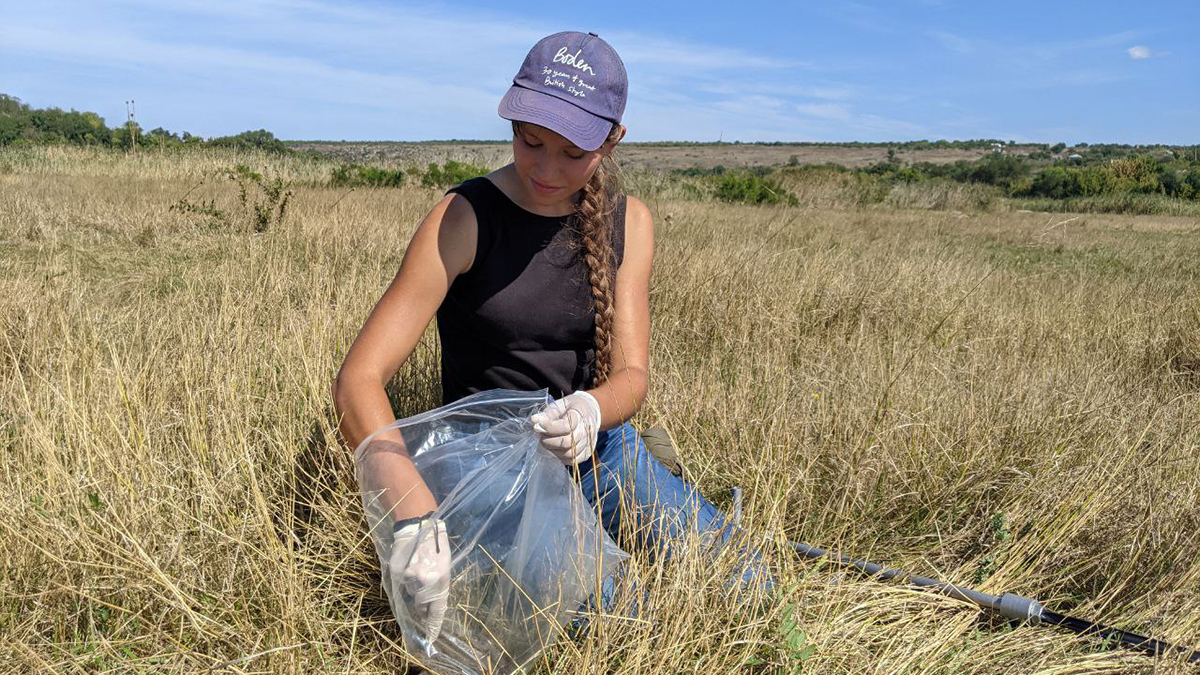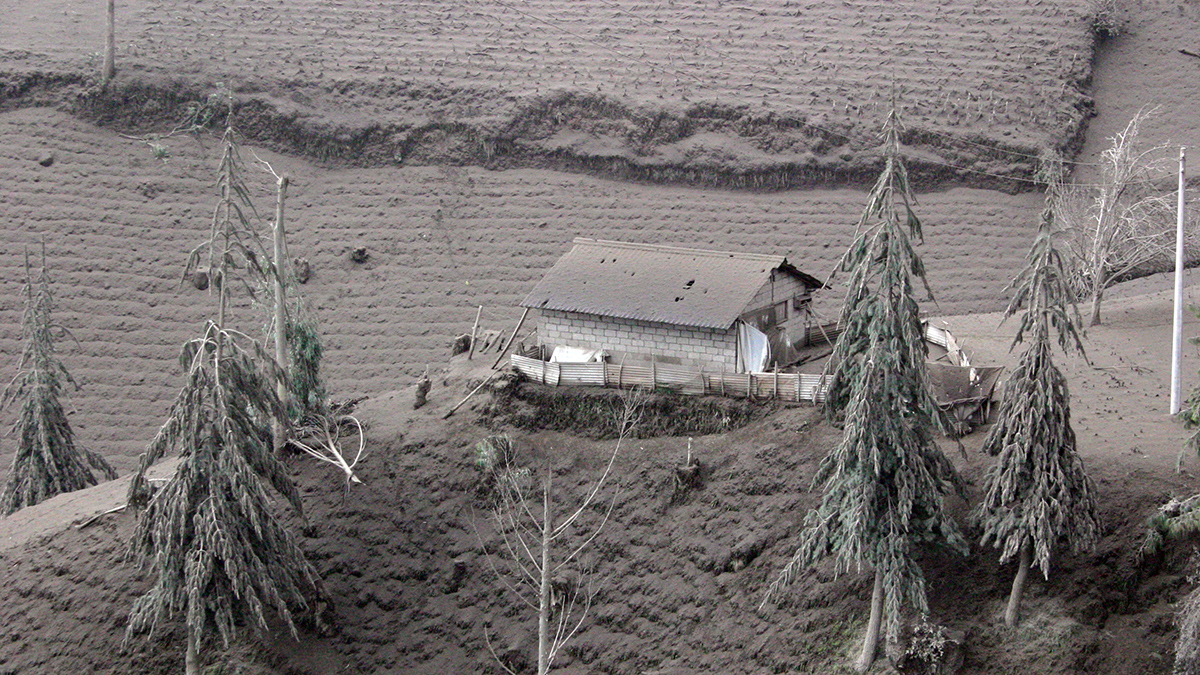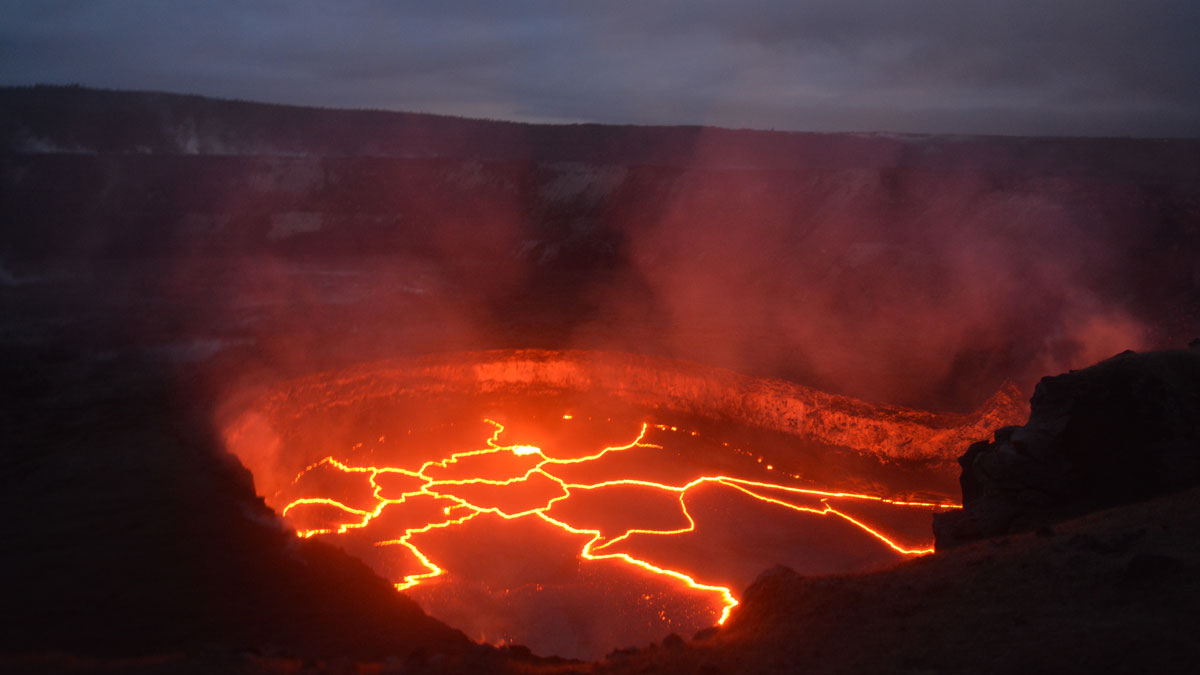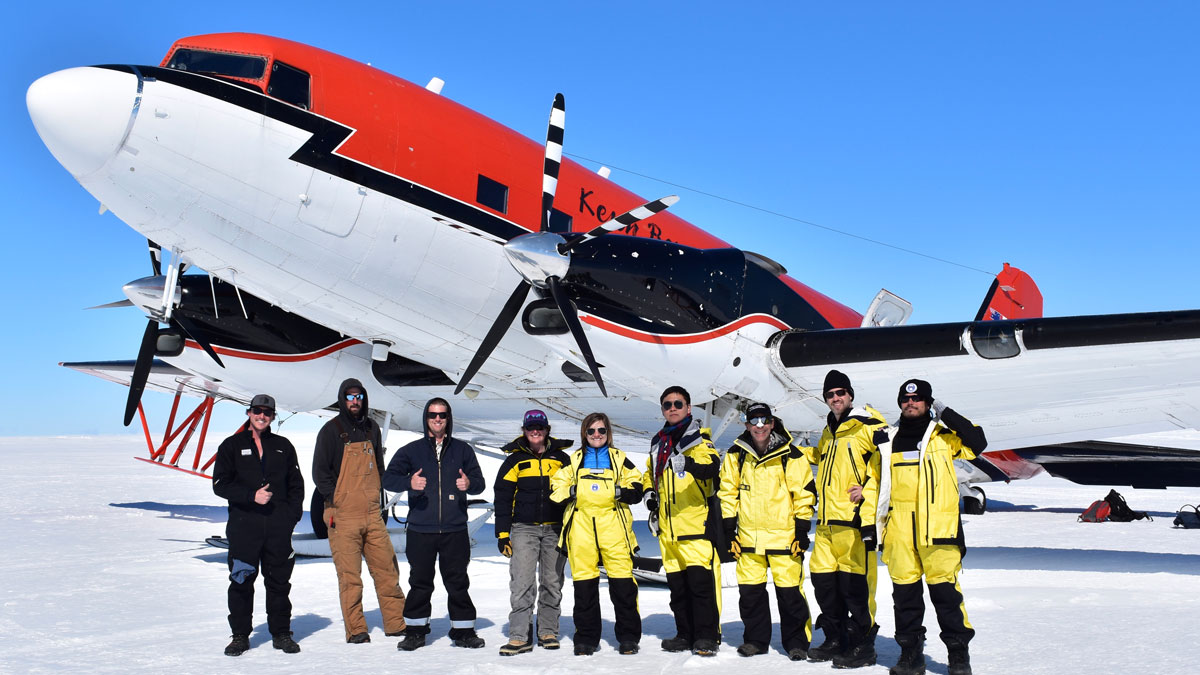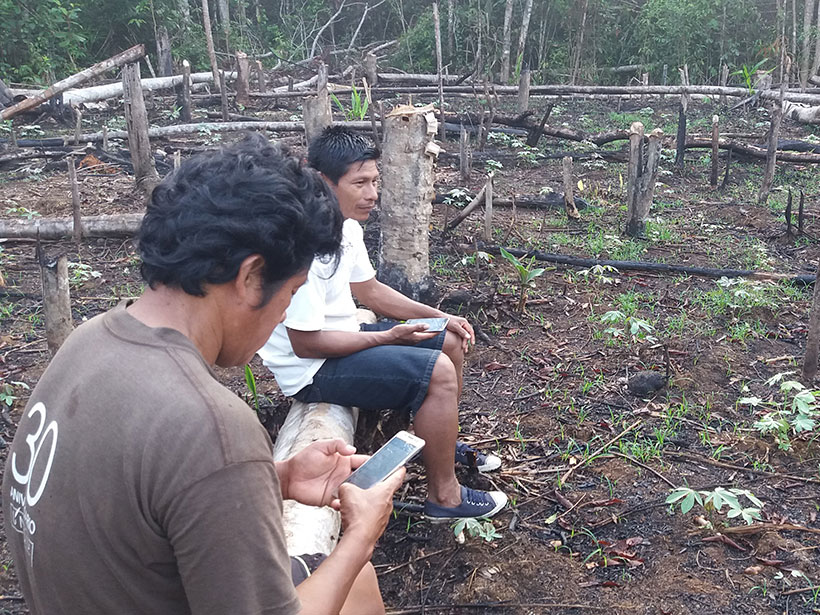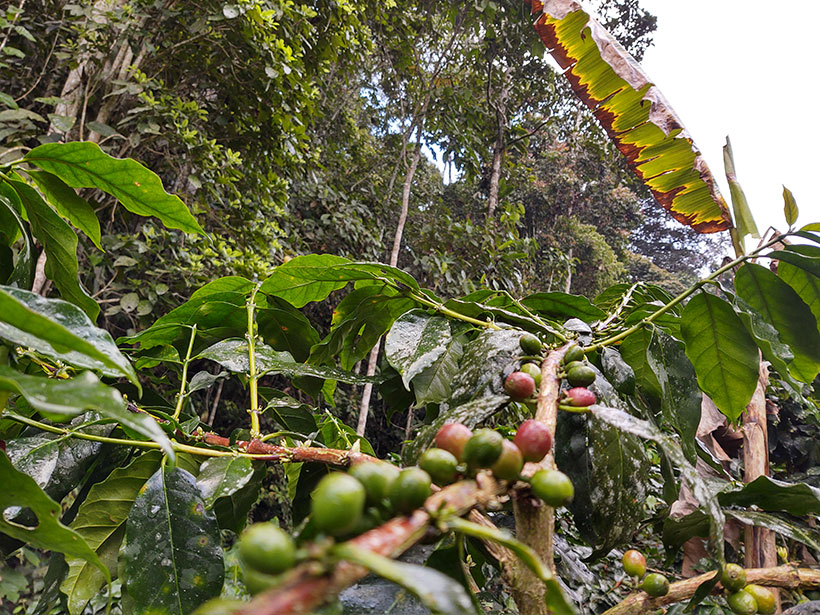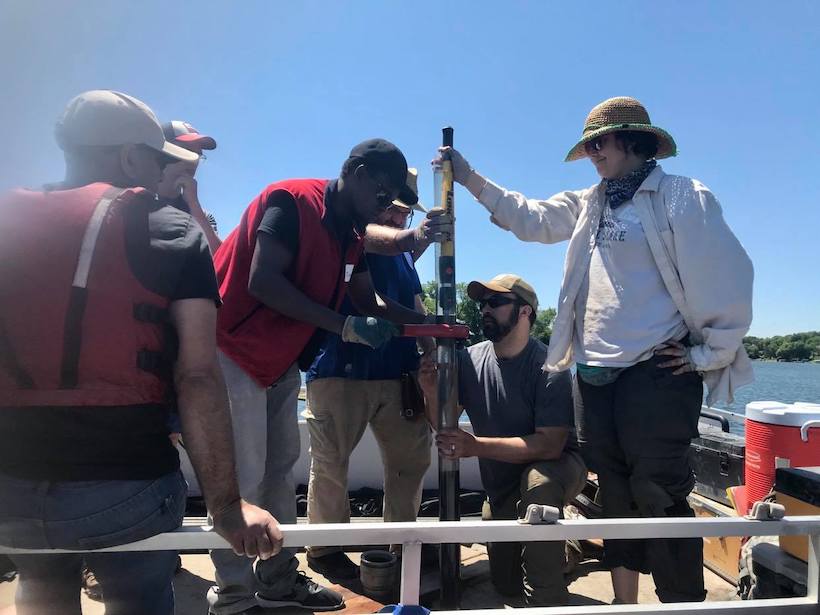Thanks to unique geography and atmospheric conditions, the United States is a tornado hot spot, but these deadly whirlwinds also hit Africa, Asia, and Latin America.
Andrew J. Wight
Ukrainian Scientists Race to Document Soil Fungi
Genetic sequencing of samples collected from across the country contribute to a global database and may help researchers assess the damage caused by war.
Cómo el volcán Tungurahua arrojó metales pesados en el suministro alimentario de Ecuador
Cuando el volcán Tungurahua de Ecuador entró en erupción múltiples veces entre 1999 y 2016, las comunidades agrícolas cercanas fueron cubiertas por ceniza, la cual dejó metales pesados en sus cultivos.
How Tungurahua Volcano Dropped Heavy Metals into Ecuador’s Food Supply
When Ecuador’s Tungurahua volcano erupted multiple times between 1999 and 2016, nearby farming communities were covered in ash, which left heavy metals in their crops.
Volcanic Lava Lake Belts Out Its Secrets in Seismic “Songs”
A cacophony of magma displacements and volcanic gases recorded underneath Kīlauea’s roiling lake of lava could one day provide information to help predict future eruptions.
Newly Discovered Lake May Offer a Glimpse into Antarctica’s Past
Scientists dive in—metaphorically—to Lake Snow Eagle, only recently revealed through ice-penetrating radar.
Indigenous Peoples Harness Space Technology to Stop Deforestation
Satellite observations have long been used to detect deforestation, and a new study shows that giving Indigenous groups greater access to these data can improve response times and reduce tree cover loss.
Climate Clues from One of the Rainiest Places on Earth
One of the world’s rainiest places lies off Colombia’s Pacific coast. New field research sheds light on the Chocó low-level jet, a phenomenon responsible for the region’s precipitation.
A Warming World Threatens Colombia’s Coffee Future
Colombia is the second-largest producer of Arabica coffee, but changing climate, soil, and precipitation patterns are already altering the harvest volume, production techniques, and even the taste of coffee.
Why Aren’t There More Journal Papers by African Geoscientists?
Africa is a geoscientist’s dream. But new research shows that less than 4% of the world’s high-impact geoscience papers focus on Africa, and few of those have even one African author.


